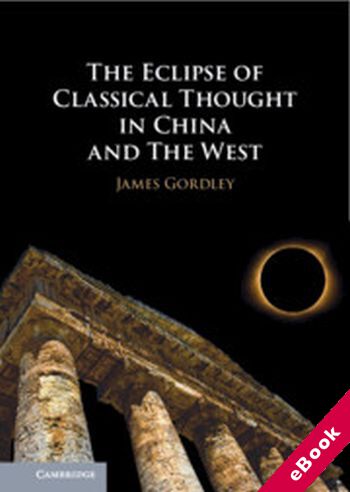
The device(s) you use to access the eBook content must be authorized with an Adobe ID before you download the product otherwise it will fail to register correctly.
For further information see https://www.wildy.com/ebook-formats
Once the order is confirmed an automated e-mail will be sent to you to allow you to download the eBook.
All eBooks are supplied firm sale and cannot be returned. If you believe there is a fault with your eBook then contact us on ebooks@wildy.com and we will help in resolving the issue. This does not affect your statutory rights.
For centuries, the starting points for serious thought about ethics, justice, and government were traditions founded, in China by Confucius, and in the West by his near contemporary Socrates. In both classical traditions, norms were based on human nature; to contravene these norms was to deny part of one's humanity. The Chinese and Western philosophical traditions have often been regarded as mutually unintelligible. This book shows that the differences can only be understood by examining where they converge. It describes the role of these traditions in two political achievements: the formation of the constitutions of Song dynasty China and the American Republic. Both traditions went into eclipse for similar reasons but with quite different consequences: in China, the growth of absolutism, and in the West, the inability of modern political and ethical thought to defend the most fundamental values.